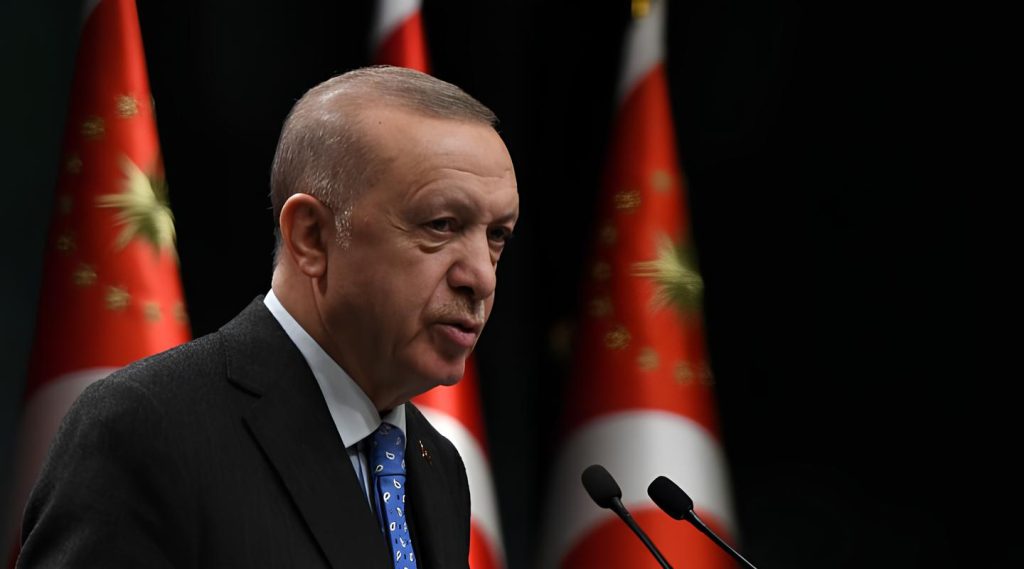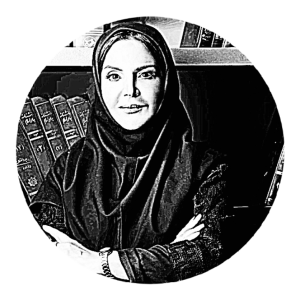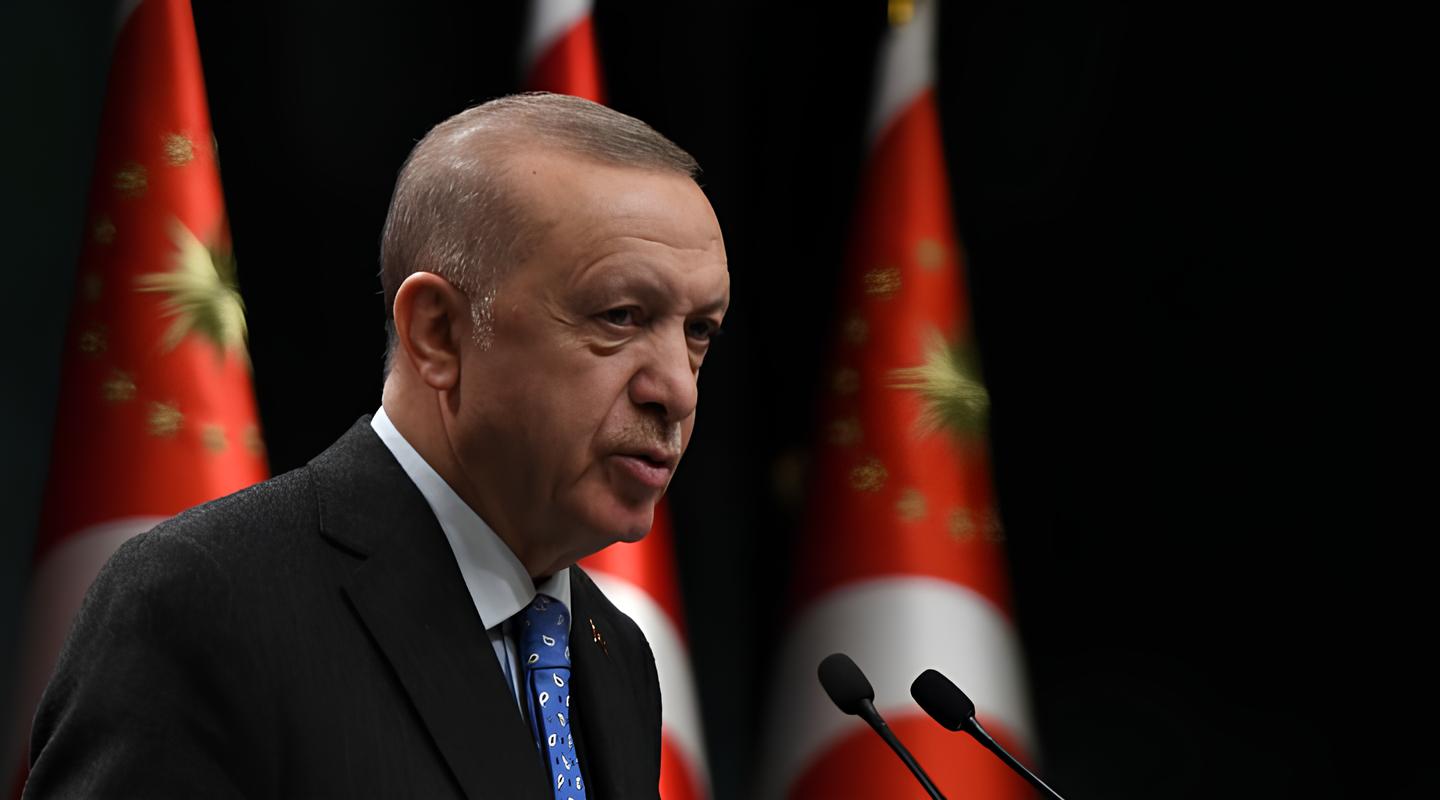
The Grain Corridor continues to be important for Türkiye and the Black Sea even as the West looks for alternatives
Written By; Shohreh Poolab – Sep15, 2023
On September 4, 2023, Russian President Vladimir Putin met with his Turkish counterpart, Erdogan, in the city of Sochi, located on the shores of the Black Sea. And by expressing the nobles’ intention of Erdoğan to raise the issue of the grain agreement, he announced Russia’s readiness to negotiate on this issue.
The leaders of the two countries acknowledged that despite NATO’s efforts to cripple Russia’s economy and limit Moscow’s access to global energy markets, they will increase trade between them and cooperate on energy issues. But despite the two sides talking about expanding the partnership further, there has been no signal of a major change in Erdogan’s balancing act between Russia and the West during the meeting. In early July this year, Russia suspended a grain deal that would have created corridors for food exports from Black Sea ports amid global food shortages. The agreement, known as the Black Sea Grain Initiative, was launched by Russia, Türkiye, and UN mediation in July 2022, and would see Ukrainian grain exports through Russian-controlled waters in the Black Sea. Claiming that the United Nations and Western countries did not cooperate in the interests of Russia, Putin withdrew from this agreement and canceled his security guarantees for ships traveling in the northwest of the Black Sea.
Russia’s decision to end the deal is widely interpreted as a strategic move to pressure the West and limit Ukraine’s economic options. Even though Putin blames the West for Russia’s withdrawal from the agreement, he stated that if the West fulfills its commitment to the grain agreement, Russia can return to this agreement. Russia has launched attacks on port infrastructure in Ukraine after withdrawing from the grain agreement, complaining to the West that it was blocking Russian grain and fertilizer exports and it has been announced that ships traveling from and to Ukrainian ports will be considered as potential military cargo carriers and therefore legal targets.
By playing a role in the strategic grain initiative to ensure the export of Ukrainian grain through the Istanbul strait, which connects the Black Sea to the Mediterranean Sea, Türkiye was able to provide the safe passage of Ukrainian grain shipments in the Black Sea which has been of great importance to food stability throughout the developing world and now Erdogan hopes to be able to persuade Putin to return to this agreement. A strategic initiative with Türkiye’s role in this agreement can be considered as a basis for the resumption of peace talks between Moscow and Kyiv.
Türkiye, which was a member of NATO during Russia’s military invasion of Ukraine, has simultaneously sought to maintain cordial relations with Russia and Ukraine and has refused to join other NATO members in sanctioning Russia. While Ankara has presented itself as a mediator in the conflict, it has supported Ukraine in sending weapons and requesting to join NATO. As Turkish-Russian relations continue to deepen, with bilateral trade reaching an impressive $69 billion last year, Erdogan is seeking to broker a resolution to guarantee Ukrainian grain exports. Concerned that a protracted war between Türkiye’s two trading partners and other Black Sea littoral countries could be dangerous to his country’s economy and security, Erdogan will continue diplomatic engagement to end the conflict. As a key player in facilitating the safe passage of Ukrainian grain shipments across the Black Sea, Erdogan is struggling to balance convincing the Kremlin to stick to the deal and communicating Russia’s demands to its NATO allies. In 2020, Erdogan nearly derailed relations with the United States by purchasing the S-400 air defense system from Russia and now it is careful not to let security interests in relations with Russia directly overshadow relations with the United States and other European countries.
The United States is trying to find alternative export routes for the export of Ukrainian grain through the Danube River in cooperation with Romania and Moldova, which will increase the influence of the West on Russia. An alarming scenario would be if Ukraine continues to ship grain without Russia’s consent because it could be interpreted as a direct challenge to Russian authority. This would potentially lead to a military response and lead to increased violence and instability in the region.
However, in the conditions of this geopolitical tension, Erdogan rewrites the rules of the game in such a way that in the electoral cooperation with Putin, which has been of significant benefit to the Turkish leader, especially in the recent presidential elections, at the same time, he neglects to interact with the West to revive the grain agreement. did not stay The Turkish leader has recently succeeded in taking measures to satisfy his NATO allies by agreeing to admit Sweden into NATO. In an ambiguous diplomacy, Erdogan is keeping the terms open for talks with Putin as a mediator to communicate Russia’s demands to the West. Although considering the West’s unwillingness to accept Russia’s conditions, it will be difficult to convince Putin to return to the agreement, but Erdogan is trying to maintain his position between Russia and the West.
Despite the expectations surrounding this bilateral meeting, there is still no sign of success on the horizon of this agreement and Putin called the return to the grain agreement dependent on the cancellation of restrictions imposed on Russian products by Western countries and demanded the cancellation of sanctions on Russian goods. One of Moscow’s main demands is to reconnect the Russian Agricultural Bank to the SWIFT international payments system, which the European Union cut in June 2022 as part of sweeping sanctions imposed in response to the invasion of Ukraine. However, Moscow has sent a series of proposals, which Russian Foreign Minister Sergei Lavrov called “concrete proposals,” to revitalize the agreement and he has proposed to supply free food to Africa and send grain at a discount for processing in Türkiye under the proposed agreement with Qatar. The Russian leader has also proposed an alternative plan including sending one million tons of grain to Türkiye for processing and then transporting it to six African countries and implementing it with the financial support of Qatar to prevent an imminent food crisis in those regions.
As a stabilizing force in the region, Türkiye has restrained the escalation of the conflict by limiting the passage of warships from non-Black Sea countries, thus maintaining the Black Sea as a calm zone. Uncertainty over the future supply of one of the world’s biggest grain exporters has contributed to weeks of volatile global wheat prices and heightened hostilities in and around the Black Sea. According to the expectations of all parties concerned, even if the grain trade does not resume soon, it will be a diplomatic victory for Erdogan to be in a strategic triangle with the West and Russia.

Shohreh poolab is Political researcher. She has a Ph.D of Political Geography from Islamic Azad University Science and Research Branch of Tehran, Iran. Her main area of research are International Relations especially about great powers like US, Russia and china. She has written many articles about Middle East and International Relations that published in Iranian websites
